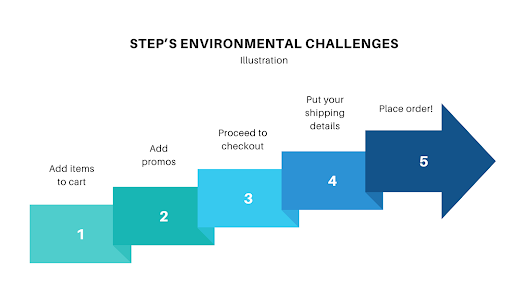Environmental challenges are primarily driven by a complex interplay of factors, with human activities at the forefront. The most significant contributors include deforestation, fossil fuel consumption, industrial pollution, and unsustainable agricultural practices.
Deforestation, often for agriculture or urban expansion, leads to habitat loss, reduced biodiversity, and increased carbon dioxide levels, as trees that sequester carbon are removed. The loss of forests exacerbates climate change and disrupts ecosystems, pushing many species toward extinction.
Fossil fuel consumption is another major factor. The burning of coal, oil, and natural gas for energy and transportation releases vast amounts of greenhouse gases (GHGs) like carbon dioxide and methane into the atmosphere. These GHGs trap heat, leading to global warming and severe climate disruptions, such as extreme weather events, rising sea levels, and melting polar ice caps.
Industrial pollution further compounds the issue. Factories and power plants discharge pollutants into the air, water, and soil, harming human health and the environment. Toxic substances like heavy metals and chemicals contaminate ecosystems, affecting wildlife and water supplies.
Unsustainable agricultural practices, including overuse of fertilizers and pesticides, contribute to soil degradation, water pollution, and loss of biodiversity. These practices not only reduce the land's long-term productivity but also release GHGs, such as nitrous oxide, contributing to climate change.
Addressing these challenges requires concerted global efforts to adopt sustainable practices, reduce emissions, and protect natural ecosystems.

Comments
Post a Comment